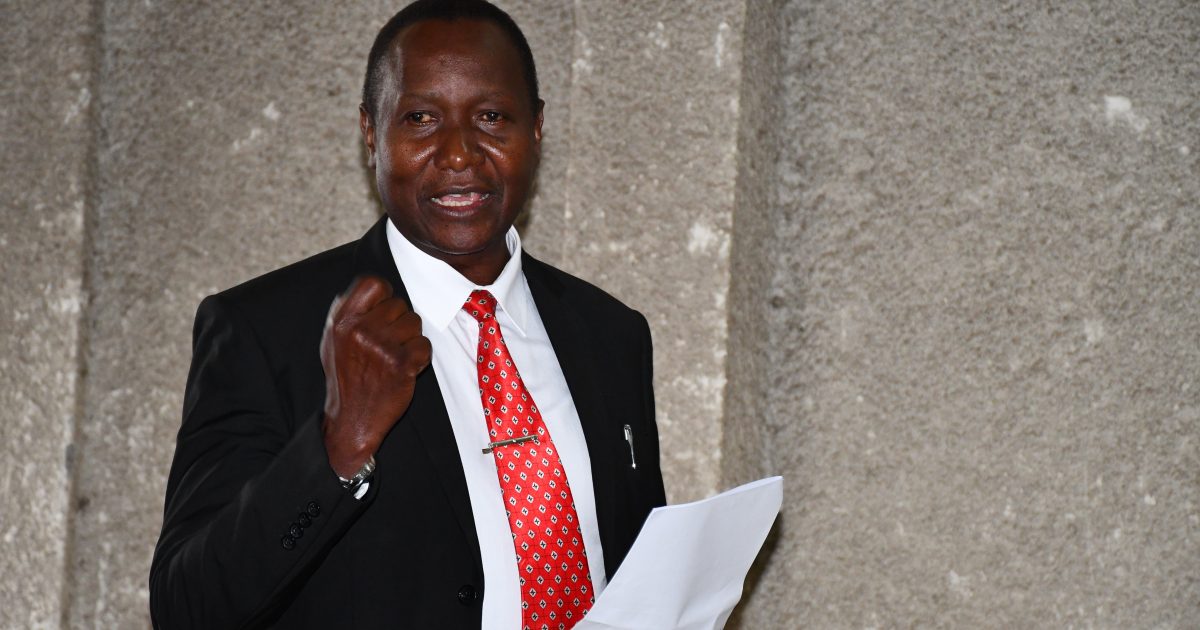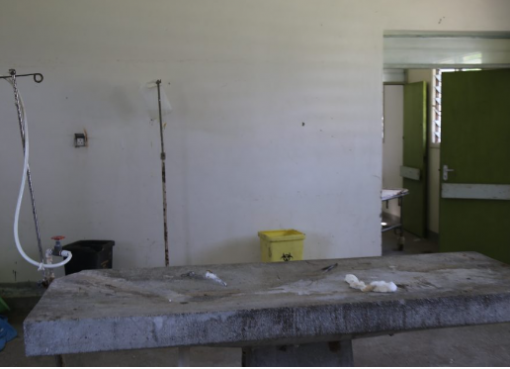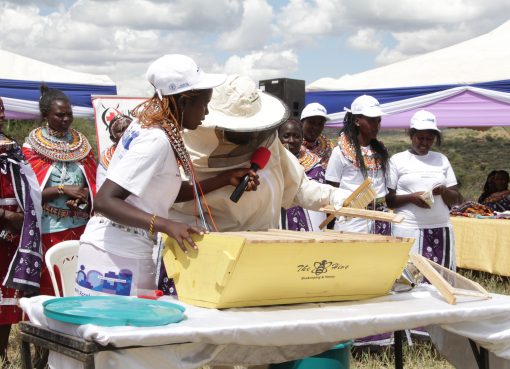The government has constructed 452 classrooms in Nakuru County, ahead of the transition of learners from primary to junior secondary schools at a cost of Sh426.3 million.
County Director of Education Fredrick Osewe said 216 new classrooms were constructed in the first phase and an additional 236 built in the second phase in 322 selected secondary schools to provide the additional learning space required for the over 54,000 new students set to join junior secondary within the devolved unit.
He stated that preparations for the next year’s transition are in top gear, adding that Grade Six learners had already selected their preferred junior secondary schools.
The government has allocated Sh8 billion to build 11,000 new classrooms in secondary schools. The first phase will see 6,500 new classrooms built in 6,371 schools. Private investors are also expected to help alleviate the problem.
Speaking during the Nakuru County Service Delivery Committee meeting, Mr. Osewe indicated that transition from Grade Six to Junior Secondary School will be guided by the outcomes of the Kenya Primary School Education Assessment (KPSEA).
According to the Director 59,795 learners from the devolved unit, out of which 50,425 are drawn from public schools and 9,370 from private institutions are scheduled to sit for their final assessment from November 25 to November 30.
Osewe informed departmental heads at the meeting chaired by County Commissioner Mr Gilbert Kitiyo that the summative assessment will account for 40 per cent of the learners’ score. The learners’ 60 per cent score will be obtained from school-based assessments.
The school-based assessments are administered at Grades Four (20 per cent), Five (20 per cent) and Six (20 per cent).
Mr Osewe revealed that overall, 57,816 candidates will sit Kenya Certificate of Primary Education (KCPE) in the in the 11 Sub counties across Nakuru including 48,531 from public schools and 9,285 from private facilities.
Out of 47,664 candidates who will sit for their Kenya Certificate of Secondary Education (KCSE) examinations 39, 996 are drawn from public schools while 7,698 are registered in private facilities. The County has over 1,500 examination centres.
Countrywide, the total number of Grade Six and Standard Eight learners expected to join secondary school will be about 2,571,044.
Junior secondary will have 12 core subjects—English, Kiswahili or Kenyan Sign Language, mathematics, integrated science, health education, pre-technical and pre-career education, social studies, religious education, business studies, agriculture, life skills and sports and physical education.
Information and Communication Technology (ICT) will be integrated and used as a delivery tool for all the subjects. Optional subjects will be visual arts, performing arts, home science, computer science, foreign languages (German, French, Mandarin and Arabic), Kenyan Sign Language and indigenous languages.
CBC report identified schools that will have the biggest enrolment burden during 2023 transition from primary to secondary schools.
Nakuru, Kakamega, Bungoma, Nairobi, Homa Bay, Narok, Kisumu, Busia, Meru, Kitui, Siaya and Trans Nzoia are those that will witness the highest enrolment of secondary school students against their limited classroom capacities.
Mr. Kitiyo called on Kenyans to give their views to the Presidential Working Party in Education Reforms.
He said the recommendations of the recently constituted task force will be key in deciding the pathway for education reforms.
A fortnight ago, President Dr. William Ruto launched the Presidential Working Party in Education Reforms chaired by Professor Raphael Munavu to review all aspects of education.
Its findings and recommendations shall inform the interventions that will be taken to ensure that Kenya delivers the training needed for sustainable development.
The Head of State charged the team with reviewing and recommending a governance and financing framework for TVET training and development, university education, research and training.
Mr. Kitiyo explained that apart from receiving Kenyans views on the Competency-Based Curriculum (CBC), the team will also make recommendations for streamlining continuity in Technical and Vocational Education and Training (TVET) and university education transition.
He assured that security officials will closely monitor Kenya Certificate of Primary Education (KCPE) and Kenya Certificate of Secondary Education (KCSE) examinations to curb any interference.
The administrator indicated that preparations had been put in place by security chiefs to help Kenya National Examinations Council protect the integrity of the exams and avert cases of cheating during the tests.
The County Commissioner assured the residents that security agencies have the capacity to adequately address security challenges and facilitate the rule of law during the examinations.
“It is our responsibility to ensure that law and order is maintained in order to have a safe, secure and peaceful environment for the success of the examinations,” said Kitiyo.
By Anne Mwale




